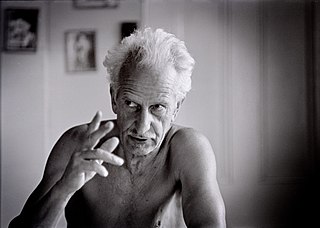A Quote by David W. Blight
The incomparable James Walvin has done it again: he has crafted a beautifully written and deeply informed single volume history of the Atlantic slave trade and its consequences on three continents. This book is full of fresh ideas and astounding detail; it is at once great storytelling, punctuated with real people and voices, and an unblinking analysis of numerous great questions and paradoxes about the power of slavery in creating the Atlantic world over four centuries.
Quote Topics
About
Again
Analysis
Astounding
Atlantic
Beautifully
Book
Centuries
Consequences
Continents
Crafted
Creating
Deeply
Detail
Done
Four
Fresh
Fresh Ideas
Full
Great
History
Ideas
Incomparable
Informed
James
Numerous
Once
Over
People
Power
Questions
Real
Real People
Single
Slave
Slave Trade
Slavery
Storytelling
Three
Trade
Voices
Volume
World
Written
Related Quotes
Much of the conventional analysis of India's stature in the world relies on the all-too-familiar economic assumptions. But we are famously a land of paradoxes, and one of those paradoxes is that so many speak about India as a great power of the 21st century when we are not yet able to feed, educate and employ all our people.
I think comedy allows people to accept the more difficult parts of history. And history, if it's presented wrong, is just very depressing, particularly the history of slavery. If slavery is presented properly, it's a great story. But I think that within the commercial world of storytelling in which I live, there haven't been many strong works that discuss slavery in ways that are palatable and funny and interesting to the reader.
Africa and its people are the most written about and the least understood of all of the world's people. This condition started in the 15th and the 16th centuries with the beginning of the slave trade system. The Europeans not only colonialized most of the world, they began to colonialize information about the world and its people.
After the Moslem Africans lost control over Spain, they began to prey on the Africans further to the south. They destroyed the great independent states in West Africa, and subsequently set Africa up for the Western slave trade and the Arabs were in the slave trade before Islam and they are still in the slave trade.
Whole great chunks of written history are of little value to the psychohistorian, while other vast areas which have been much neglected by historians - childhood history, content analysis of historical imagery, and so on - suddenly expand from the periphery to the center of the psychohistorian's conceptual world, simply because his or her own new questions require material nowhere to be found in history books.
I'm actually reading 'World War Z' again! It's incredibly realistic and it's written as an oral history through interviews with different characters. Max Brooks wrote this book in so many different voices. There are about forty or so. It's incredible. When I finish 'World War Z' I'm going to go back and start again on the 'Game of Thrones' series.

































